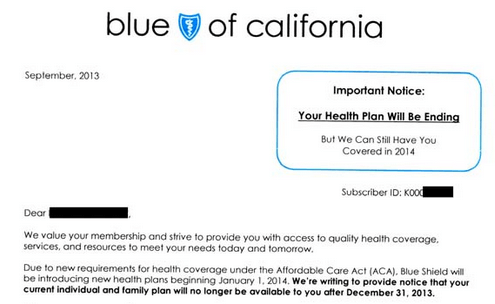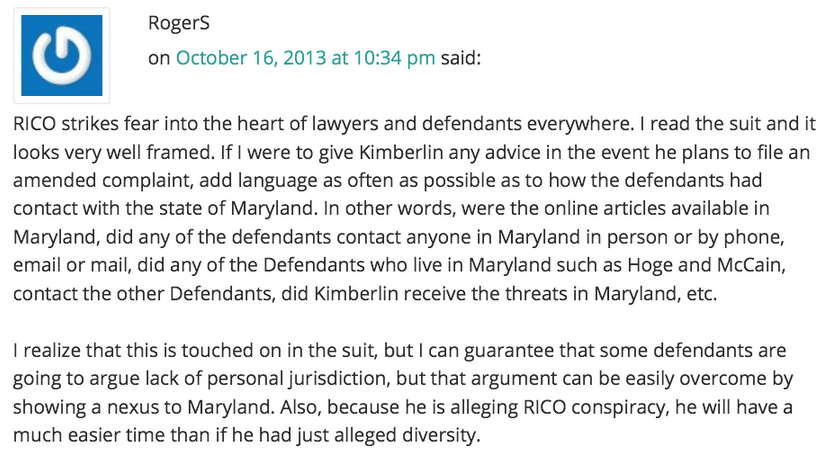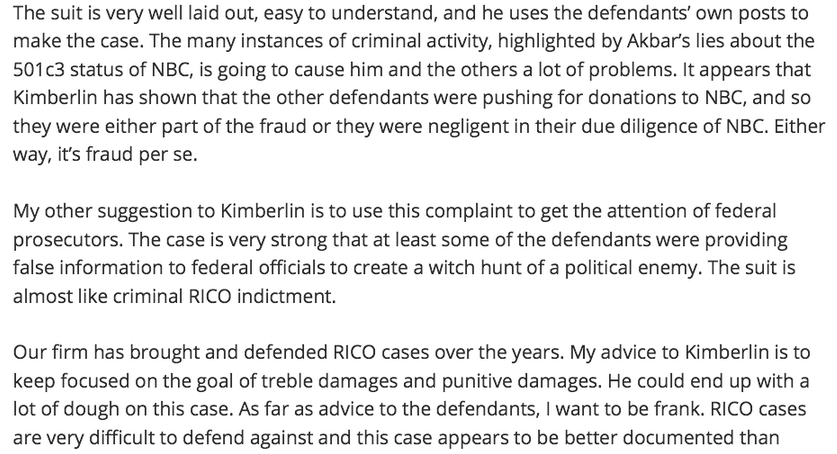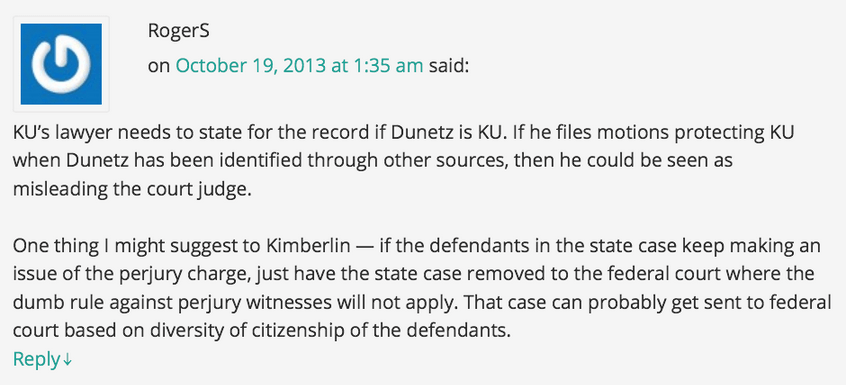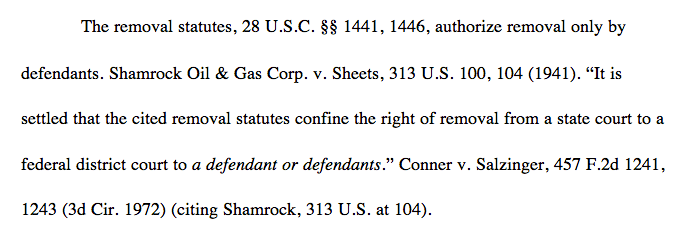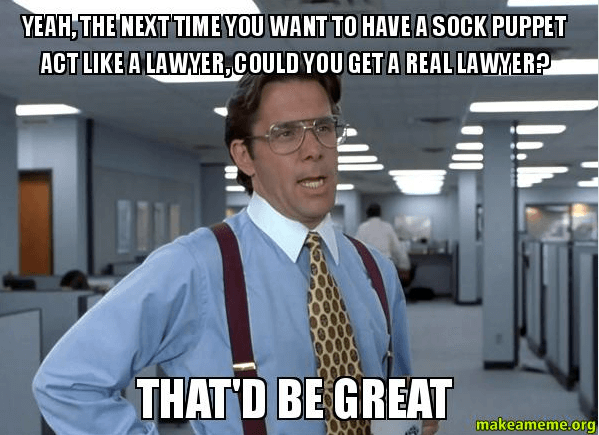L.A. Times — yes, that’s right. L.A. Times:
Thousands of Californians are discovering what Obamacare will cost them — and many don’t like what they see.
These middle-class consumers are staring at hefty increases on their insurance bills as the overhaul remakes the healthcare market. Their rates are rising in large part to help offset the higher costs of covering sicker, poorer people who have been shut out of the system for years.
Although recent criticism of the healthcare law has focused on website glitches and early enrollment snags, experts say sharp price increases for individual policies have the greatest potential to erode public support for President Obama’s signature legislation.
Here’s a representative example:
Fullerton resident Jennifer Harris thought she had a great deal, paying $98 a month for an individual plan through Health Net Inc. She got a rude surprise this month when the company said it would cancel her policy at the end of this year. Her current plan does not conform with the new federal rules, which require more generous levels of coverage.
Now Harris, a self-employed lawyer, must shop for replacement insurance. The cheapest plan she has found will cost her $238 a month. She and her husband don’t qualify for federal premium subsidies because they earn too much money, about $80,000 a year combined.
“It doesn’t seem right to make the middle class pay so much more in order to give health insurance to everybody else,” said Harris, who is three months pregnant. “This increase is simply not affordable.”
Ms. Harris. They call it the “Affordable Care Act.” And you’re trying to suggest it’s not affordable? Are you calling the Democrats who named this bill and passed it . . . liars?
Remember: if you like your health care plan, Ms. Harris, you can keep it. It will just be more expensive, with a higher deductible. But don’t worry! That’s because the federal government is deciding what has to be in your plan, and your new plan is chock-full of neato new benefits! None of which you are actually going to need, but that’s not the point, Ms. Harris . . .
But this is my favorite part:
[M]iddle-income consumers face an estimated 30% rate increase, on average, in California due to several factors tied to the healthcare law.
Some may elect to go without coverage if they feel prices are too high. Penalties for opting out are very small initially. Defections could cause rates to skyrocket if a diverse mix of people don’t sign up for health insurance.
Pam Kehaly, president of Anthem Blue Cross in California, said she received a recent letter from a young woman complaining about a 50% rate hike related to the healthcare law.
“She said, ‘I was all for Obamacare until I found out I was paying for it,'” Kehaly said.
Yeah. Well, that’s kinda how it works with a lot of government programs, my anonymous friend.
PATTERICO MOUNTS SOAPBOX — GINGERLY, OF COURSE, AS HE IS IN FACT GETTING OLDER: This is one of the reasons I’d like to see withholding ended. I argued for this in January 2004 (wow, saying that makes me feel a little old, just like mounting this soapbox did):
You want the cure for big government?
No more withholding.
As it is, people don’t feel as though the money that is being withheld is really theirs. It’s like they never got it in the first place — because they didn’t.
Under my regime, it wouldn’t be that way.
Under my regime, every pay period you would personally set aside the amount of money you will need to save up for the eventual tax bill. Come April 15, you would take out your checkbook and write a huge check to the federal government — for thousands upon thousands upon thousands of dollars.
You think you might start thinking twice about what they’re doing with your money then?
Today, I would add one other suggestion: a requirement that the government send taxpayers an itemized bill showing the breakdown of what they owe and what the money is going for.
After all, generally we decide whether a good or service is “worth it” when we fork over the money. If the money comes pre-forked, and we’re never told how much we are paying for what, how can we make an informed decision about value? At that point, the government service feels like it’s free, even though, on an intellectual level, we know it isn’t. “I supported [insert name of government program or agency here] until I found out how much I was paying for it” would be a very common phrase — if we sent out itemized bills and did away with withholding.
The downside, of course, is that we would probably collect a lot less in taxes. The upside? The People would demand that we spend a lot less.
On balance, I think it would be better.
People are generally “all for” more government services until they find out they are paying for them.

